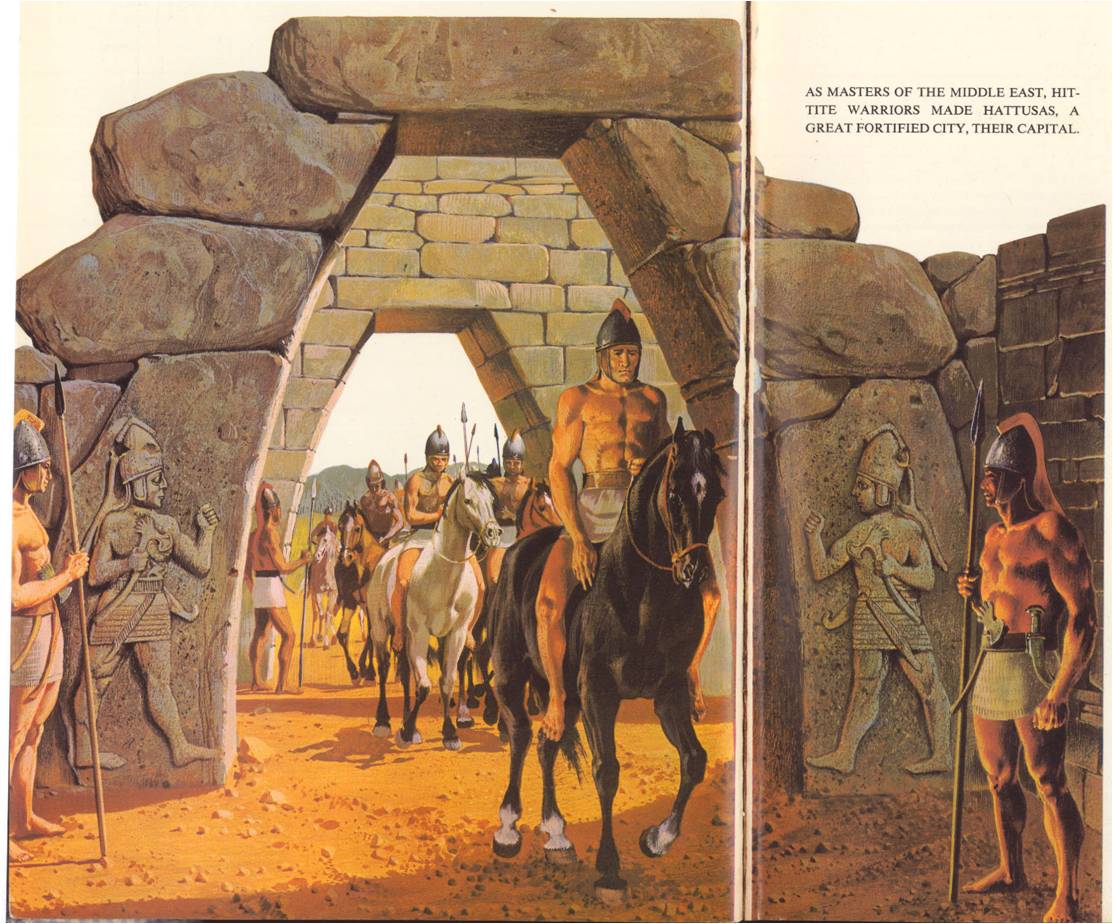Now Hiram, King of Tyre, sent his servants to Solomon, when he heard that they had anointed him King. . . And Solomon sent word to Hiram, “ . . . I purpose to build a house for the name of the Lord my God. . . Now therefore command that cedars of Lebanon be cut for me; and . . . I will pay you for your servants such wages as you set; for you know that there is no one among us who knows how to cut timber like the Sidonians [people of the city of Sidon].” . . . And Hiram sent to Solomon, saying, “. . . I am ready to do all you desire in the matter of cedar and cypress timber. My servants shall bring it down to the sea from Lebanon; and I will make it into rafts to go by sea to the place you direct and I will have them broken up there, and you shall receive it; and you shall meet my wishes by providing food for my household.” So Hiram supplied Solomon with all the timber of cedar and cypress that he desired. while Solomon gave Hiram twenty thousand cors [measures] of wheat as food for his household and twenty thousand cors of beaten oil. . . And there was peace between Hiram and Solomon; and the two of them made a treaty. And King Solomon built a fleet of ships. . . And Hiram sent with the fleet his servants, seamen who were familiar with the sea. . . These words adapted from the Bible tell the story of trade agreements between two kings who ruled about 1000 B.C. You have probably heard of Solomon. He had the reputation of being the wisest king of ancient times. But …
Read More »The Rise of the Assyrians 1600 B. C. – 539 B. C.
During the century after the Hittites had raided Babylon and rose to power in Turkey and Syria, Mesopotamia was a divided unproductive land. In the south, Babylonia fell under the rule of foreigners, first the Kassites from the northeast and then the Elamites from the southeast. Neither of these people seemed able to make any advances in civilization. Northern Mesopotamia came under the Mitanni kingdom, which at least introduced trained horses and chariots to the Near East. By the time the native Babylonians regained control and the Mitanni kingdom fell, another people was disturbing the land – the Assyrians. The Assyrians who wrote and spoke Akkadian, were close relatives of the Babylonians and had played a minor part in Mesopotamian affairs for some time. They made their home in the upper reaches of the Tigris River, where once had been some of the earliest farming communities in the world. The region later came under the influence of various early Sumerian and Babylonian kingdoms to the south. By about 2000 B. C., the Assyrians themselves became independent enough to carry on a thriving trade with people in Turkey. But around 1800 B. C. the Hittites put an end to that and then the Mitanni kingdom set itself over Assyria. The Warrior Kings Centuries passed and the Assyrians overthrew a weakened Mitanni kingdom, but even before this they were struggling with Babylonia for control of Mesopotamia. Year after year, lands, cities, trading routes and outposts changed hands, until the Assyrians gradually won out. By 1100 B. C., under their king Tiglath-Pileser I, the Assyrians were strong enough to begin expanding. Fighting off enemies on all sides, Assyria began to dominate the metal trade with the north and the commercial centres of the Syrian coast. Loot and tribute made Ashur, the capital of …
Read More »Hittite Warriors Build a Kingdom 1750 B. C. – 700 B. C.
Within 150 years of the death of Hammurabi, the cities of Mesopotamia were powerless and other peoples took up the struggle for the Near Eastern world. Among them were the Hittites, who had taken the city of Babylon. The rough Hittite tribesman hardly knew what to do with such a splendid city, let alone with an empire, so they went back to their strongholds in the highland plains of central Turkey. They had been living there for several centuries, ever since they had left their homeland in the steppes of central Asia. When the Hittites first moved into Turkey, they had found a land of peasants and small city-states unable to unite in resistance. The Hittites allowed the people to keep their own gods and languages, recruited officials to manage affairs and left the farmers and craftsmen to their work. It was a bleak, rocky land, hot and dry in summer, cold and windswept in winter but, there were grains and cattle and the people made beer and wine and kept bees for honey. The land was rich in metal ores, too. Later the Hittites were among the first to use iron. The Hittites set themselves over the native peoples as an aristocratic warrior class. For many years, rival Hittite tribes and chieftains fought among themselves before Labarnas established himself as the first true king. He led the Hittites in expanding their power throughout Turkey and his son Hattusilis I, extended it to Syria. Hattusilis made the city of Hattusas his capital. It was strategically located near the crossroads of the main trade routes in central Turkey. As his reign neared its end, Hattusilis could take pride in the kingdom he was leaving to his people, but he had one unpleasant task to perform. He had raised his nephew as …
Read More »


